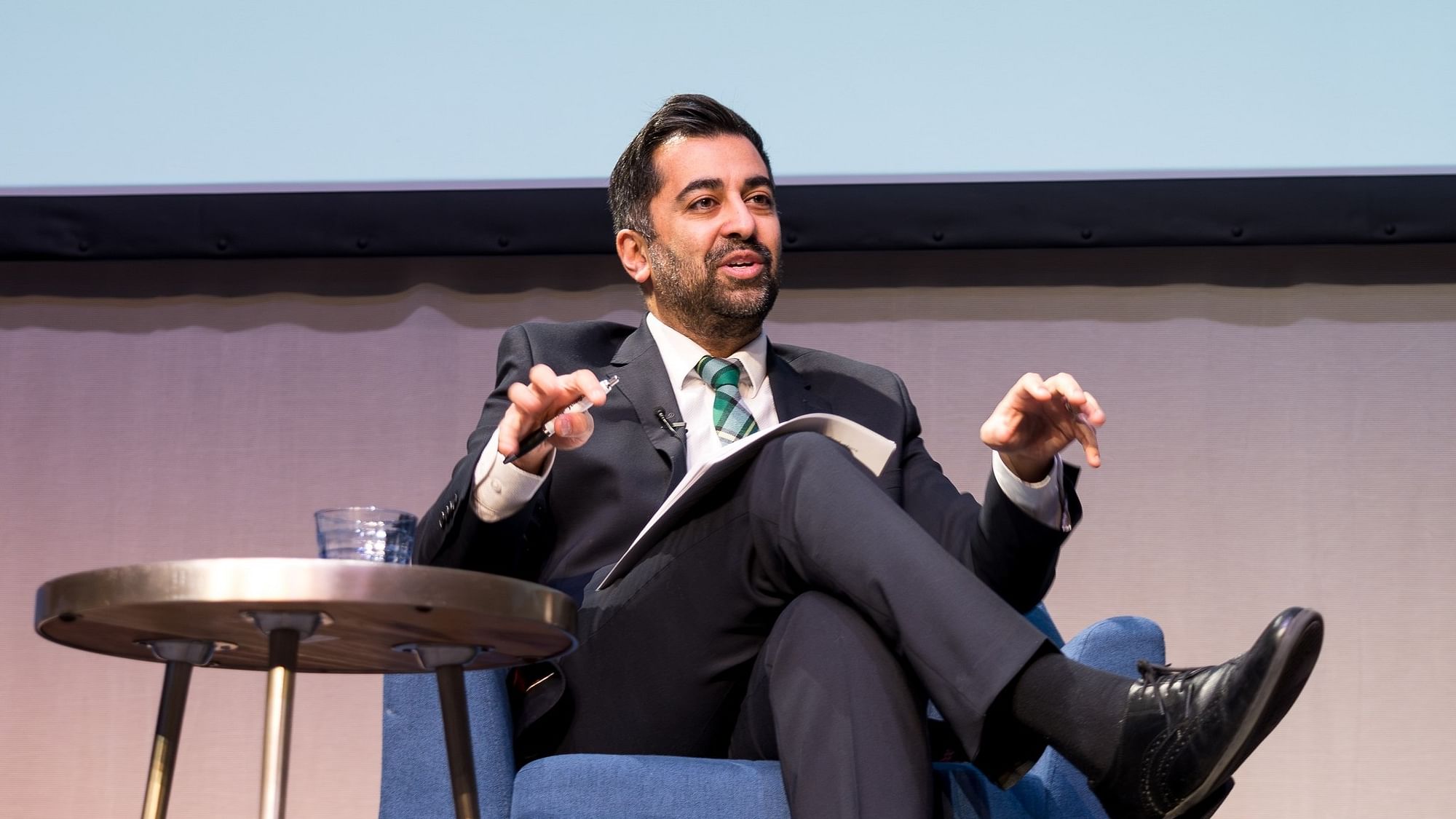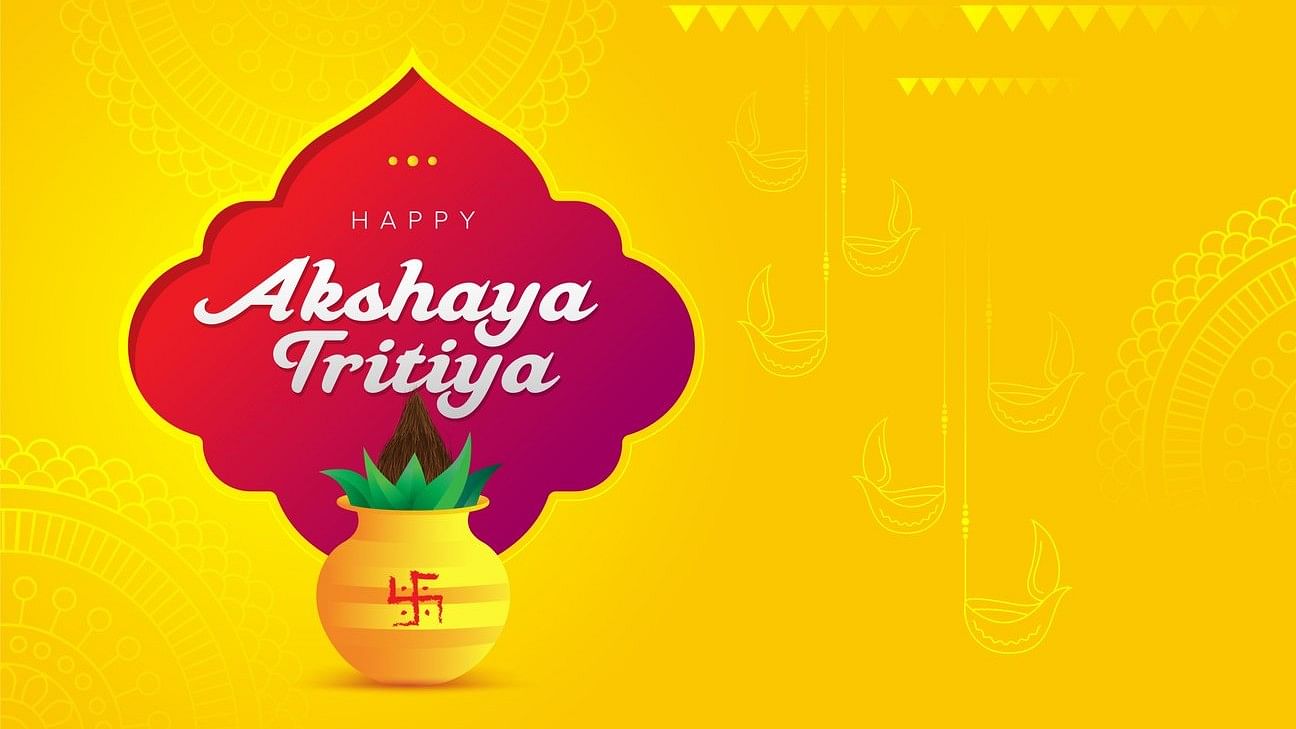On a Saturday morning at a multiplex in Hyderabad, a group of Telugu-speaking film goers check with the usher if Aavesham, the Malayalam film starring Fahadh Faasil, is being screened with English subtitles. Inside the hall, the banter among the audience is in both Malayalam and Telugu. Language barriers are broken when the title card reads ‘Re-introducing Fahadh Faasil’. Collective cheering takes over.
Director Jitu Madhavan’s gangster spoof comedy Aavesham and director Vineeth Sreenivasan’s Varshangallku Shesham, which was also released last week, are the latest in the line of Malayalam films that have sparked curiosity among Telugu film buffs.
Malayalam cinema has been in focus in recent months, with at least one film generating interest every fortnight, if not week. Premalu and Manjummel Boys, which became blockbusters in Malayalam and Telugu-dubbed versions, are the icing on the cake.
Manjummel Boys, a survival drama by director Chidamabaram, has reportedly collected more than ₹225 crore worldwide. Its Telugu version, presented by Mythri Movie Makers, is said to have earned more than ₹10 crore since its release on April 5 and is still in theatres. The Telugu version of director Girish AD’s romantic comedy Premalu, presented by SS Karthikeya, has earned nearly ₹17 crore.
Earlier, Sithara Entertainments released the Telugu version of the Mammootty starrer Bramayugam and Mythri Movie Makers backed director Blessy’s recent film Aadujeevitham starring Prithviraj Sukumaran.

A scene from ‘Manjummel Boys’ | Photo Credit: Special Arrangement
The reasons for the spurt in audience interest in Malayalam cinema and leading Telugu film production houses coming forward to release the dubbed versions are manifold. Telugu film audiences had warmed up to films in other languages during the pandemic. This year, Malayalam cinema has been delivering hits in diverse genres while Telugu cinema has been going through a lean patch, barring the rare massive hits Hanu-Man and Tillu Square.
To be fair, not all recent Malayalam films have captured the box office attention in the Telugu States. The emphatic gender-sensitive narrative in Aattam and the brooding crime dramas Abraham Ozler and Anweshippin Kandethum found more takers in the digital space, weeks after their theatrical runs. The much anticipated Malaikottai Vaaliban, director Lijo Jose Pellissery’s film starring Mohanlal, also fizzled out at the ticket counters. However, these films became points of discussion among cinephiles.
Love in Hyderabad
The tide changed significantly with the arrival of Premalu, a story of romance and bonhomie between young Malayalis who move to Hyderabad for work. The breezy rom-com was filmed on location in Hyderabad. The story is set in the IT hub of Gachibowli, and the film also offers refreshing glimpses of the Old City, Tank Bund, and Prasads multiplex among other areas. Hyderabad is aspirational to the characters of Premalu, similar to the lure Bengaluru had for the characters of Anjali Menon’s Bangalore Days a decade ago.
The depiction of people and conversations in real locations in Hyderabad has been sorely missing in several Telugu films of late. The reasons range from permissions being tough to come by, high costs of filming and issues of crowd management while shooting with recognisable actors. Girish and team had the advantage of working with young Malayali actors who were not recognised in Hyderabad and the small crew filmed without drawing much attention.

Fahadh Faasil in ‘Aavesham’ | Photo Credit: Special Arrangement
The Telugu version of Premalu negated concerns one might have had about the idea of Malayalis bonding in Hyderabad being lost in translation. SS Karthikeya, who acquired the dubbing rights and spearheaded the distribution of the film in Telugu, with Aditya Hasan who penned the dialogues, worked around it smartly. For Karthikeya, the charm of Premalu was in its Hyderabad setting, feel-good vibe and humour-laced narrative. “It has been a while since we saw a young rom-com in Telugu cinema. I had been wanting to get into film distribution and production and this film seemed the right choice,” he says. “At the end of the day, the audience knows we are dubbing a Malayalam film in Telugu. So Aditya and I decided not to push it too far. The story begins in Kerala and we mention that the boy’s father is from Kerala while the mother hails from Telangana.”
The local flavour in the dialogues included references to the famous food entrepreneur ‘Kumari aunty’ and the line from RRR, ‘thokkukuntu povaale’. The witty dialogues written by Aditya, best known for 90s: A Middle Class Biopic on ETV Win, hit the mark.
The Telugu connect
Close on its heels came Manjummel Boys. The film had already won over the audiences in Kerala and Tamil Nadu, with the story inspired by a true incident of one of a group of friends from Kochi getting trapped in Devil’s Kitchen, one of the dark trenches of Gunaa Caves in Kodaikanal. The makers paying homage to the Kamal Haasan starrer Gunaa and its iconic song added to the nostalgia factor. The stage was ripe for the Telugu dub, considering ‘Priyathama neevachata kusalama’, the Telugu version of the Tamil song ‘Kanmani anbodu kadhalan’, remains equally popular till date.
While speaking to the media in Hyderabad prior to the release of the Telugu version, director Chidambaram stated that the production house “Mythri Movie Makers is well known in Kerala after Pushpa - the Rise and they distributing the Telugu version is an advantage.”
In the past, one would often witness Telugu dubbed versions of Tamil and occasionally Hindi films faring well. A few Kannada films, including KGF, Kantara and Sapta Saagaradaache Ello, spelt success in their original and Telugu dubbed versions. This year, so far, it is the turn of Malayalam cinema. Karthikeya sums it up when he says that irrespective of language, films that offer something interesting will find takers. He adds, “Telugu audiences have always been welcoming of good films in any language.” The recent warm reception to Malayalam cinema is only a reaffirmation.

 1 week ago
105
1 week ago
105



